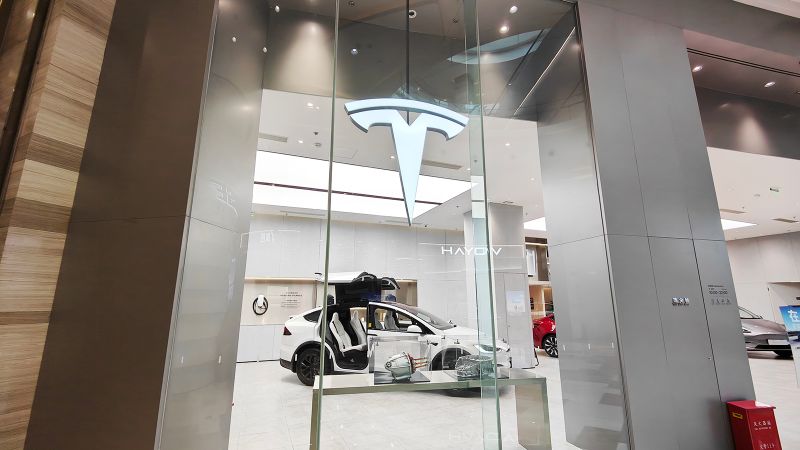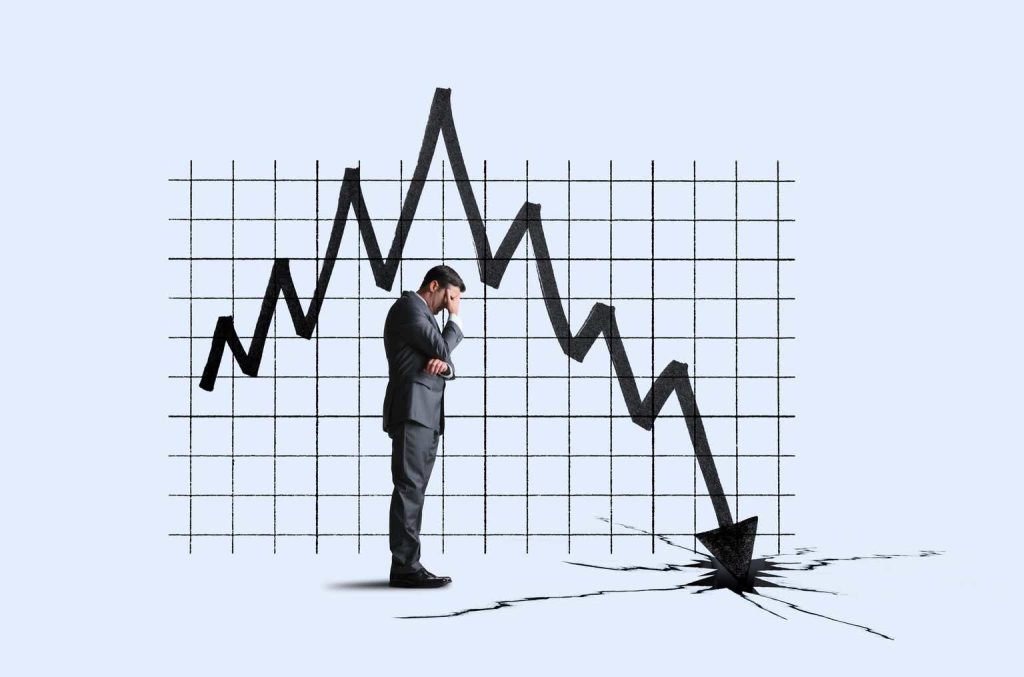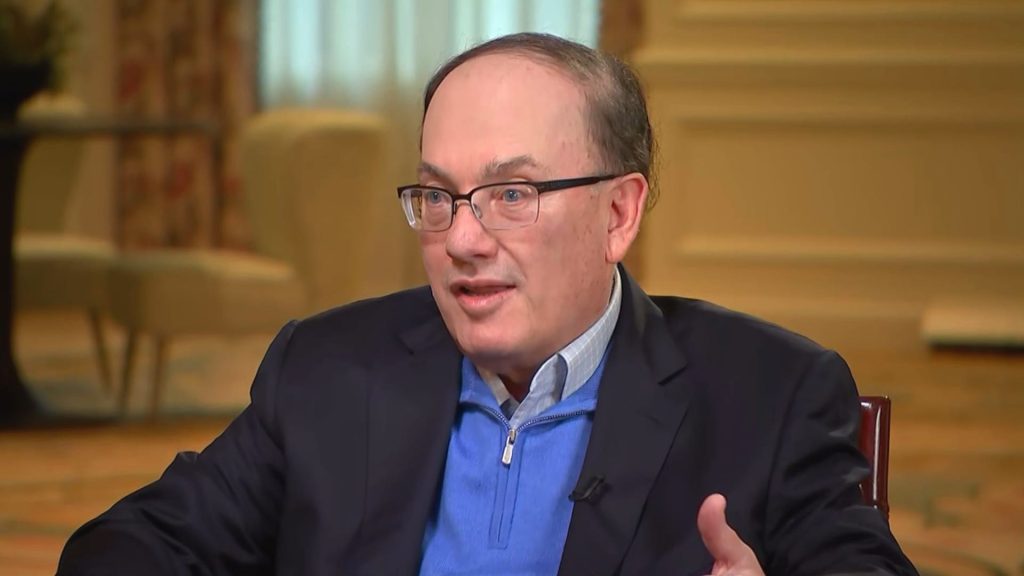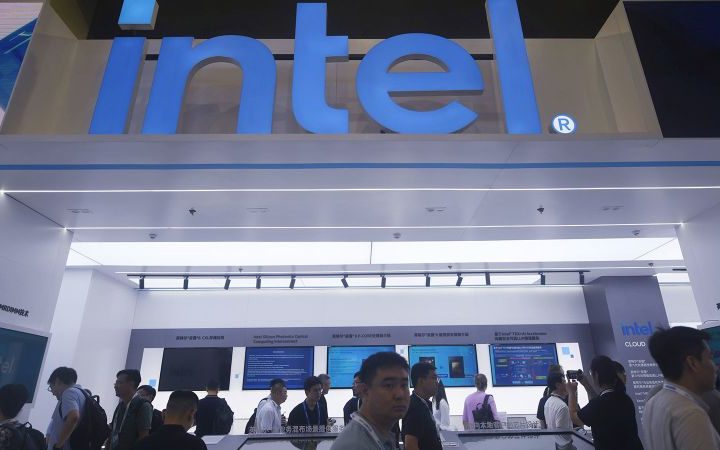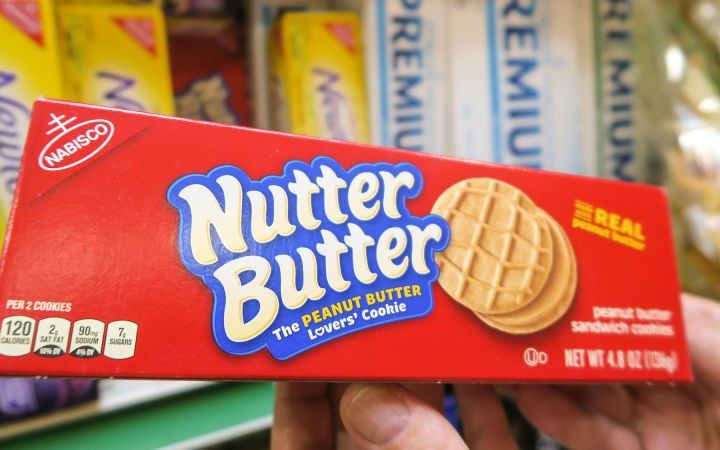Editor’s Note: Sign up for CNN’s Meanwhile in China newsletter which explores what you need to know about the country’s rise and how it impacts the world.
In 1995, metallurgy graduate Wang Chuanfu founded BYD, a small Chinese company focused on producing rechargeable nickel-cadmium batteries more cheaply than Japanese competitors.
Nearly 30 years later, the Shenzhen-based firm has become the world’s leading manufacturer of electric vehicles (EVs), even surpassing American giant Tesla (TSLA) in global sales of pure-play electric cars in the last quarter of 2023.
But the two companies are still running neck and neck, with Tesla regaining its crown in the first quarter of 2024.
Here’s how they compare, in four charts:
Tesla stock was priced at $17 a share when it listed in June 2010. Nearly 14 years later, the company’s shares trade above $166, giving it a market capitalization of about $560 billion, making it the most valuable car company in the world. It’s also among the biggest companies globally by market value.
As for BYD, its $81 billion market cap places it among the top 10 automakers in the world, according to Murthy Grandhi, business fundamentals analyst at GlobalData, a data and analytics company in London.
Still, it trails far behind Tesla and other car makers like Toyota (TM) and Stellantis (STLA), a conglomerate created from the 2021 merger of French PSA Group and Fiat Chrysler Automobiles. The group sells cars under 14 brands, including Chrysler, Citroën, Jeep, Maserati and Peugeot.
But BYD has already surpassed BMW and Ford (F) and is catching up to Mercedes-Benz and Ferrari (RACE).
In 2023, Tesla sold around 230,000 more cars than BYD. But the gap has been narrowing from 400,000 in 2022 and 600,000 in 2021.
And in the last quarter of 2023, BYD hit a major milestone: selling more battery electric vehicles (BEVs) than Musk’s company did globally, due in part to a slowdown for Tesla in one of its biggest markets, China, and to a general deceleration in demand for EVs.
However, the Chinese company stumbled in early 2024. It sold only 300,114 BEVs in the first quarter, down from the 525,409 it sold in the final three months of last year.
That drop was big enough for Tesla, which sold 386,810 BEVs in the same period, to retake its former position despite posting plunging sales.
BYD’s competitive pricing has helped propel its rise to the top of EV charts, especially compared to Tesla’s pricier cars. But for both, competition in the world’s largest car market is heating up.
On March 4, BYD launched a new version of one of its best-selling models, the Yuan Plus crossover, known as Atto 3 outside China, and slashed the price of its predecessor by 11% to 119,800 yuan ($16,644).
A few days later, BYD also cut the cost of the newest version of its cheapest car, the Seagull, by 5%. It now has a starting price under $10,000.
Although Tesla also cut prices on some models in China last year, the Model 3 and Model Y still sell for more than double BYD’s prices.
China is Tesla’s biggest market after the United States and accounted for 33% of global sales in 2023, according to UK-based consultancy firm Rho Motion. The American company started production at its Shanghai Gigafactory in 2019. Last year, that facility, which is Tesla’s main export hub, delivered 947,000 cars.
BYD doesn’t sell cars in the United States although it does have a bus manufacturing plant in California. Both Tesla and BYD are expanding beyond their home markets and investing in factories abroad.
In 2023, a total of 13.6 million EVs (including BEVs and hybrids) were sold worldwide, an increase of more than 30% over the previous year. The Chinese market grew by around 30% last year with 7.9 million units sold. Similar growth is anticipated in 2024, with sales expected to reach 10 million in China alone, says Rho Motion.
BYD sold about 3 million electric cars, including hybrids, in 2023 globally. Of that number, 1.6 million were BEVs.
By comparison, Tesla, which does not sell hybrids, delivered a total of 1.8 million vehicles worldwide last year, which was about 19% of the global market for BEVs.
The United States and Canada bought around 700,000 of Tesla’s vehicles, while 600,000 were sold in China. European sales accounted for about 400,000 vehicles.
Tesla’s shares are down 29% so far this year, while BYD stock is down almost 6%.
Read the full article here
